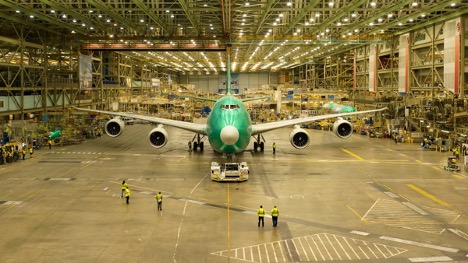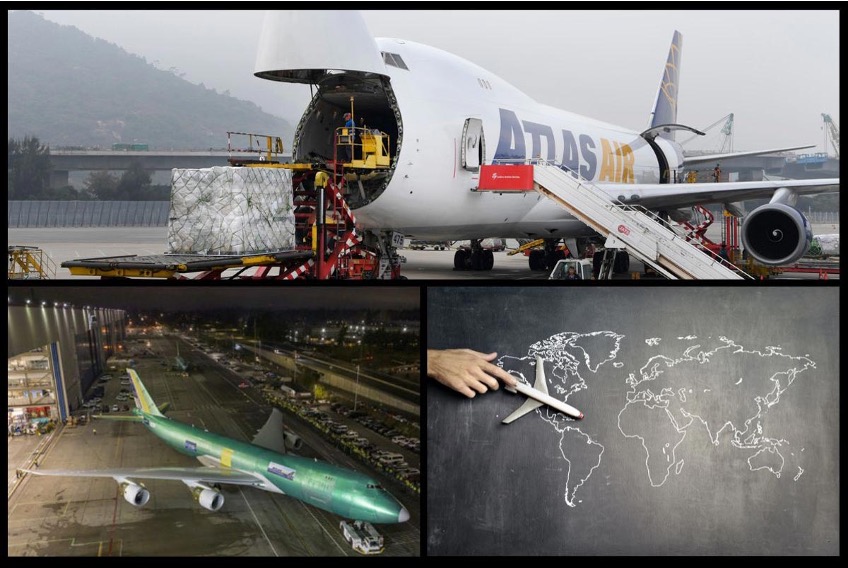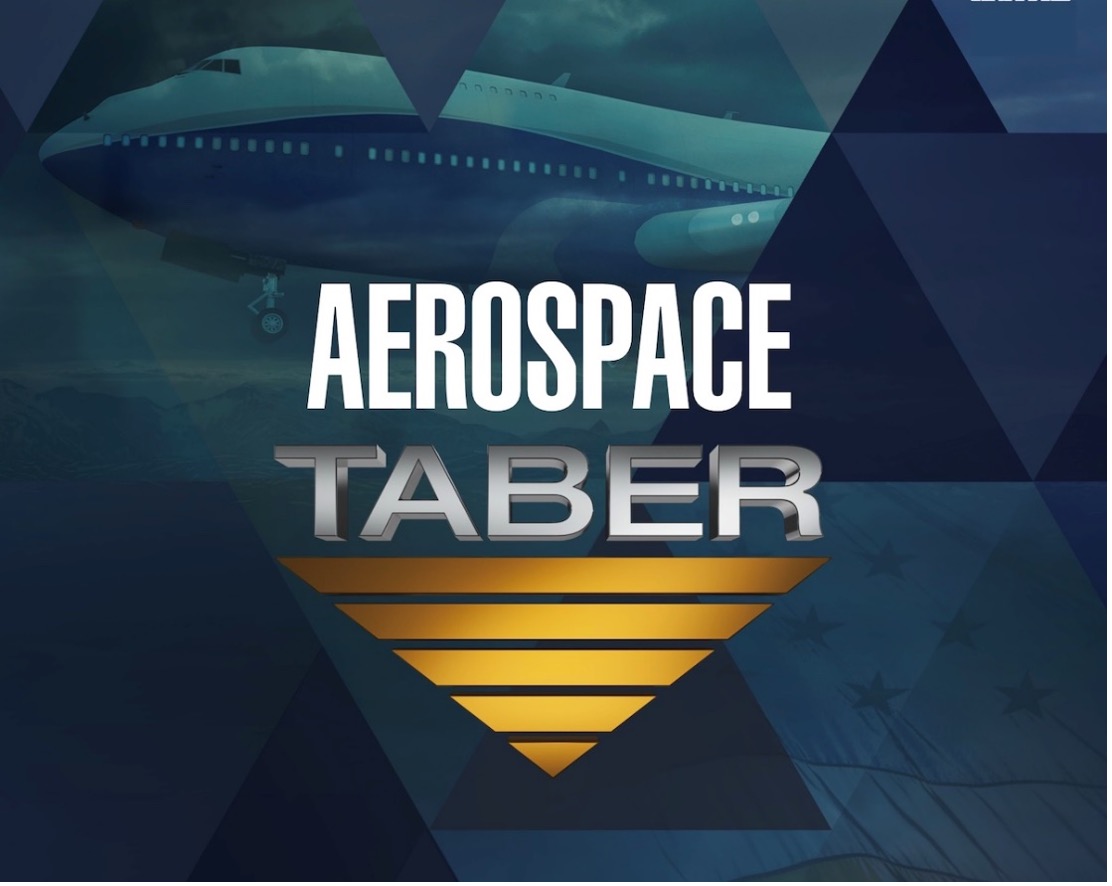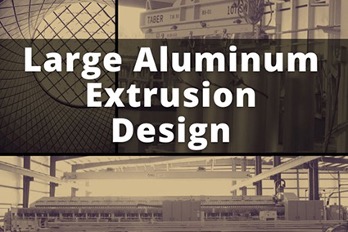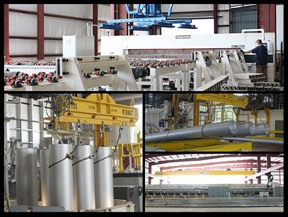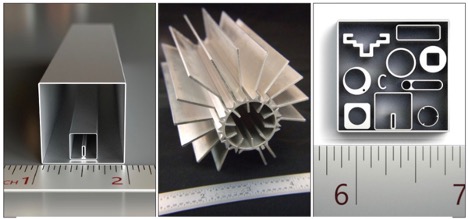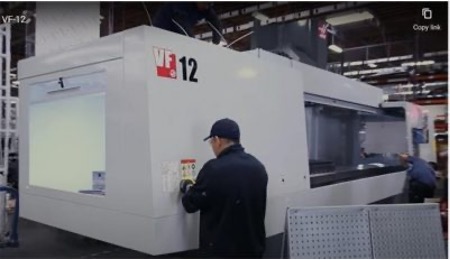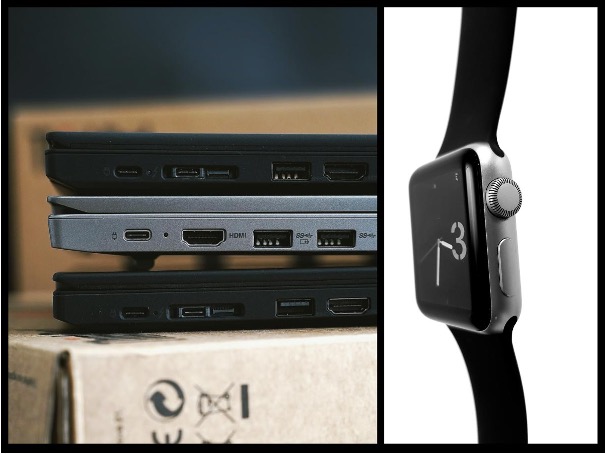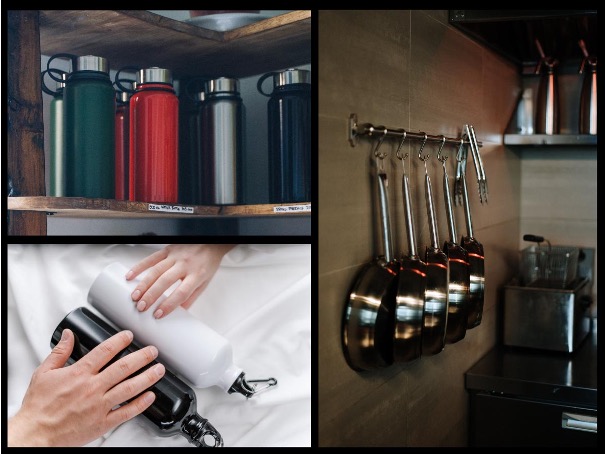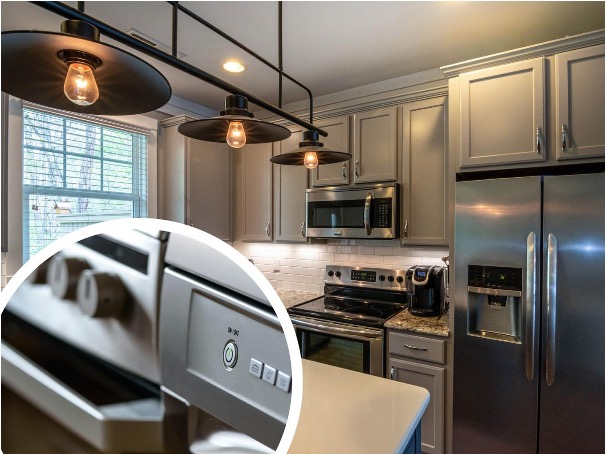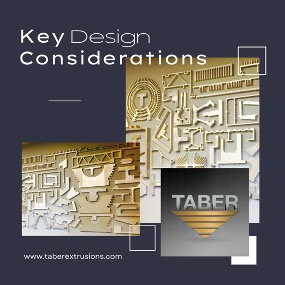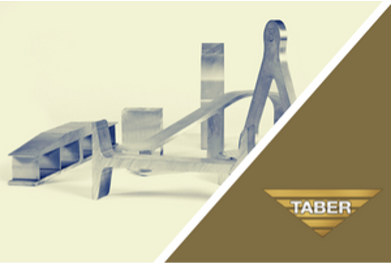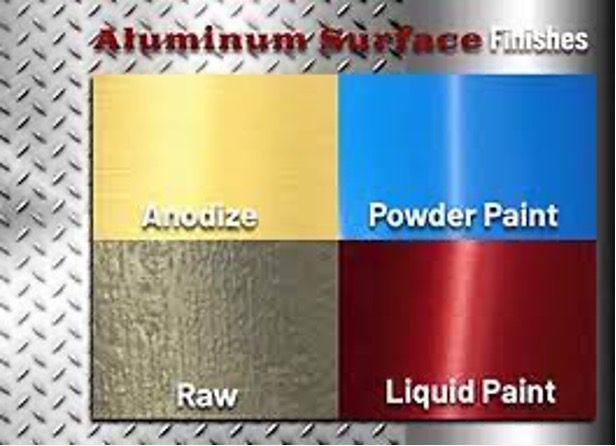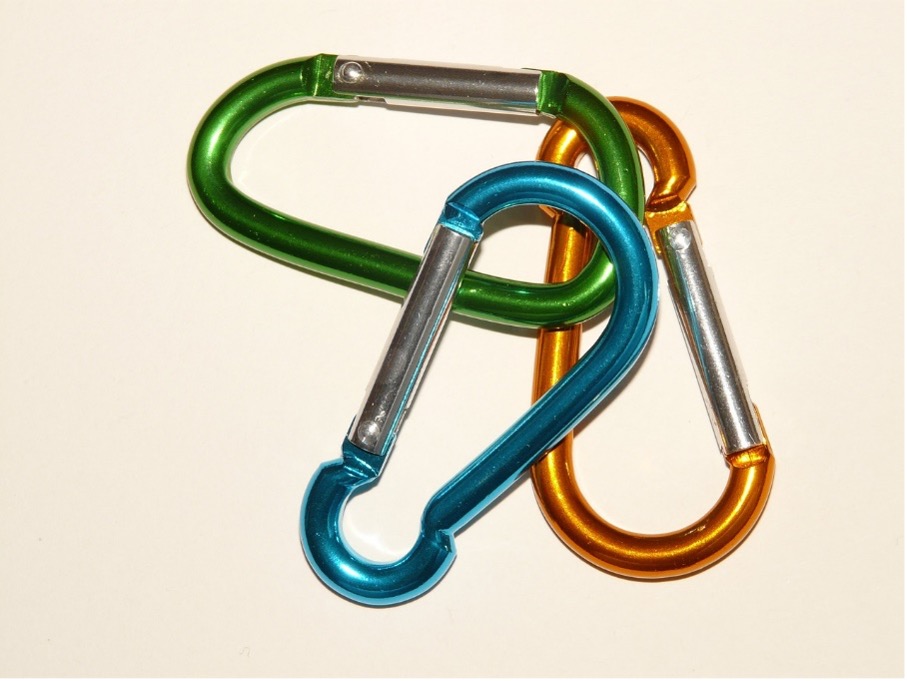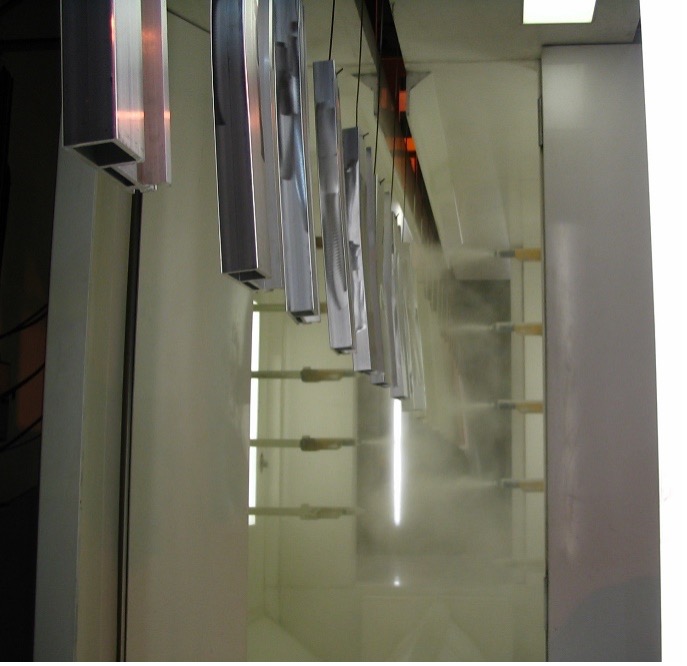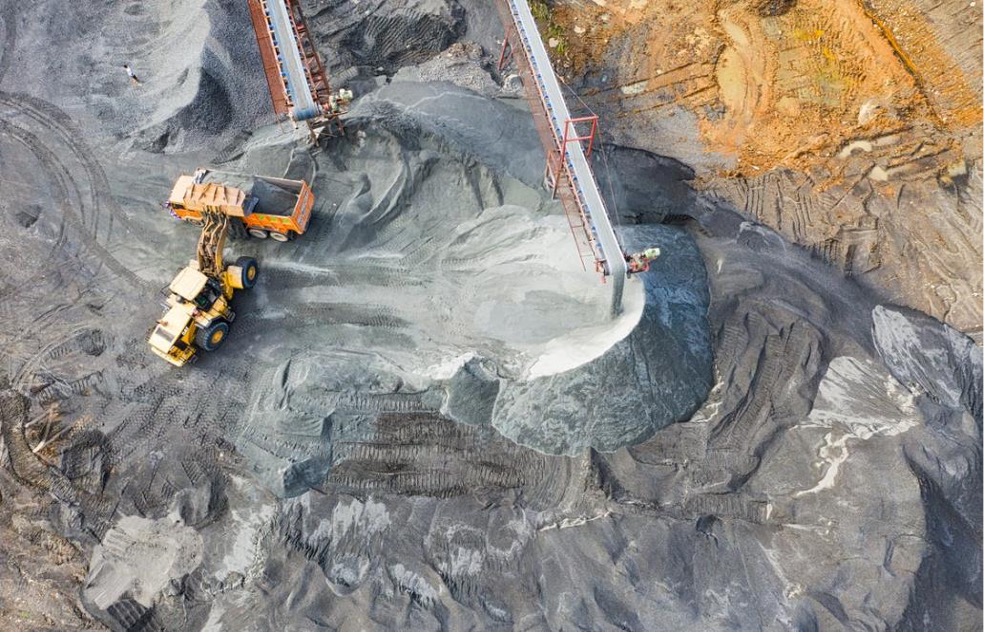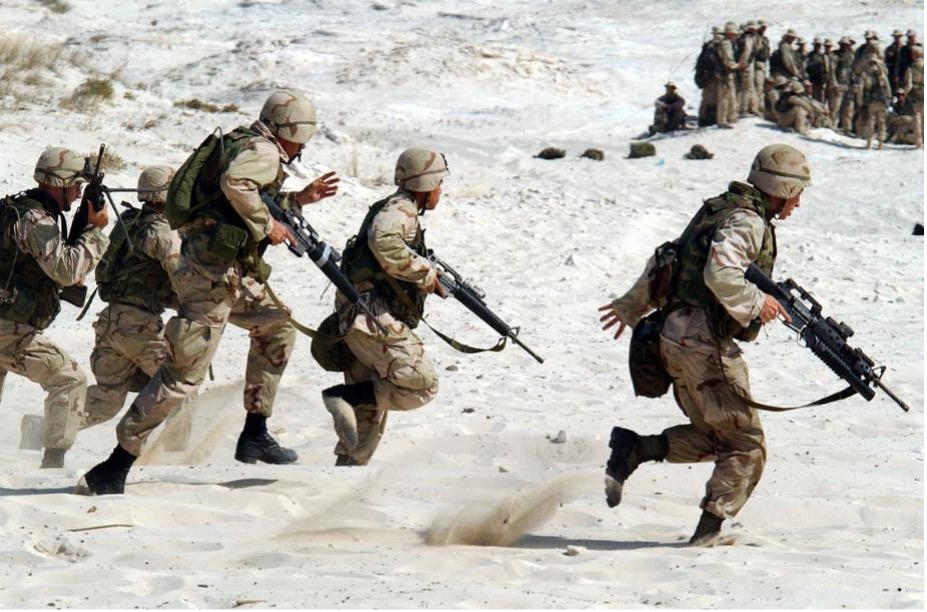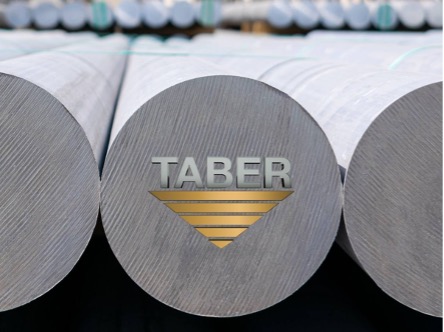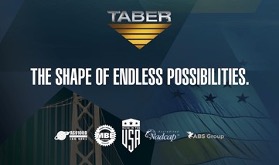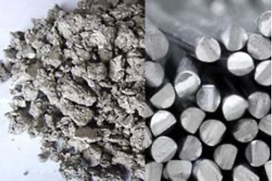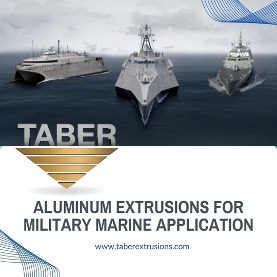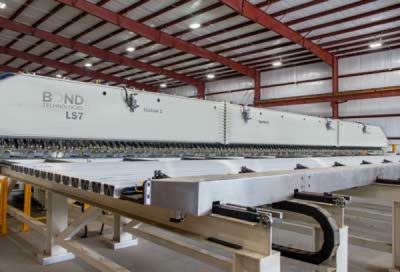Your Partner for Responsibly-Sourced American Aluminum Billets
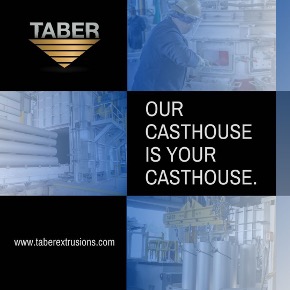
One company that has emerged as a leader in responsibly-sourced American aluminum billets as well as the aluminum industry is aluminum extrusion manufacturer Taber Extrusions. The American aluminum manufacturing and processing industry has faced several challenges in recent years due to tariffs, ITAR compliance regulations and most recently Build America, Buy America (BABA). Companies have been forced to navigate a complex landscape to ensure they can acquire the necessary raw materials to keep their operations running smoothly.
With their own aluminum cast house, Taber is able to provide responsibly sourced, ITAR and BABA compliant aluminum logs. This has allowed them to supply the rest of the US aluminum manufacturing industry with aluminum billets/logs. Taber has the capacity to do this even during times of uncertainty and the ever-changing geopolitical landscape.
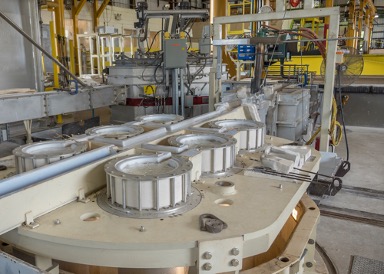
Responsibly Sourced American Aluminum Billets or Logs
Taber Extrusions is committed to producing aluminum billets/logs in a responsible and sustainable manner. Taber sources their aluminum from reputable and trustworthy suppliers. Furthermore, Taber Extrusions takes additional steps to ensure their primary alloying components are responsibly sourced by using recycled aluminum in their manufacturing process. By doing so, they reduce their carbon footprint and conserve natural resources.
When it comes to buying aluminum billets/logs, there are several benefits to choosing a company like Taber Extrusions. Here are just a few:
Regulatory Compliance
As previously mentioned, the American aluminum manufacturing industry has faced several challenges in recent years due to tariffs, geopolitical issues, supply chain and logistical challenges.
ITAR and BABA compliance regulations can be difficult for companies to navigate. However, by choosing a vetted aluminum supplier, companies can rest assured that they are receiving compliant aluminum billets/logs. This reduces the risk of non-compliance penalties and helps ensure a company’s operations remain in good standing.
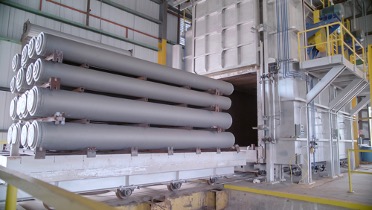
In conclusion, buying responsibly sourced aluminum billets/logs from industry leaders like Taber Extrusions is a smart choice for companies in the American aluminum manufacturing industry. By doing so, they can avoid the challenges posed by tariffs and ITAR compliance regulations, while also receiving a high-quality, reliable product that will help their operations run smoothly.
Where Does Your Ingot Come From for Your Aluminum Billet?
“Our supply chain does not include material from un-approved counties. Most customers find this knowledge helpful, along with the fact that Taber has 50-years-worth of experience. Not just aluminum extrusions, but aluminum technology and innovation. Our Gulfport cast house was modernized a few years back, and we make it our business to lead the way when it comes to giving our customers and partners the best America has to offer.”– Jason Weber, VP of Sales & Marketing, Taber Extrusions
History of Taber Extrusions and Their Gulfport, Mississippi Aluminum Cast House
Established in 1973, Taber has since become one of the leading aluminum extrusions companies in the U.S. by combining cutting-edge technology, innovation, and unmatched customer service within various industries around the globe. We are pioneers in the extrusion of large, heavy, and wide complex shapes that set us apart in the aluminum extrusion industry.
Expansion started in 1995 when Taber acquired the Gulfport, Mississippi facility, giving easy access to its ports and industrial scraps. In time, Taber also added two additional presses and a cast house which increased our capabilities to cast, extrude, and fabricate products in-house.
By 2017, Taber continued to expand, adding 7” billet molds to their existing 9”, 11”, 16”, and 20” diameter molds. The state-of-the-art upgrade in Gulfport, MS increased billet capacity by over 30% and allows Taber to manufacture American aluminum billets for defense, marine, and other specialized industries.
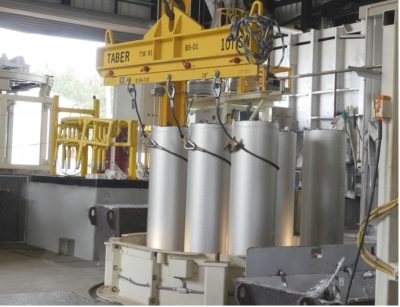
Aluminum Billet Processing services include:
- Billet casting – Gulfport, MS facility
- Solution heat treatment
- Stretcher/De-twister – 750-ton capacity
- Cut-to-length
- Custom packaging
- Fabrication
- Statistical process control
- Quality assurance – defense contractor-approved
- Artificial aging ovens
Aluminum Billet Engineering services include:
- SolidWorks (CAD Design)
- Extrusion design assistance
- Tolerances in ASTM, AA, ANSI, DIN, or EN standards
- CAD software (Auto CAD)
- Ultrasonic testing: portable immersion (115 ft tank)
- Analysis and testing capabilities: Chemistry, mechanical property testing, electrical conductivity testing, macroanalysis, microanalysis, Rockwell hardness test, Brinell hardness test, Webster hardness test, exfoliation corrosion test
Taber Extrusions has successfully taken business beyond the extrusion process, and allowed themselves to become a reputable full-service aluminum extrusion company capable of manufacturing complex and intricate extrusions that some companies may find impossible.
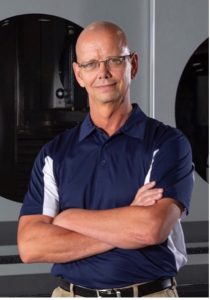
“The future is determined by our collective vision, efforts, and results.”
– Charles Stout, President, Taber Extrusions
Taber Extrusions located in Russellville, AR and Gulfport, MS, is a highly regarded provider of aluminum extrusions to a wide variety of industries including aerospace, infrastructure, transportation, defense, and thermal management. ISO 9001- and AS 9100-certified, Taber’s present and future customers can expect to see increased supply opportunities with the expanded set of extrusion solutions, programs, and services.
Thank you for your continued support of Taber Extrusions, LLC. If you have any questions, please visit taberextrusions.com or contact one of our Regional Sales Representatives.
Follow Taber Extrusions:
YOUTUBE: https://www.youtube.com/@TaberExtrusions
LINKEDIN: https://www.linkedin.com/company/taberextrusions/
FACEBOOK: https://www.facebook.com/taberextrusions/
TWITTER: https://twitter.com/taberextrusions
Interested in becoming a part of the Taber Team?
Submit your resume to careers@taberextrusions.com.


